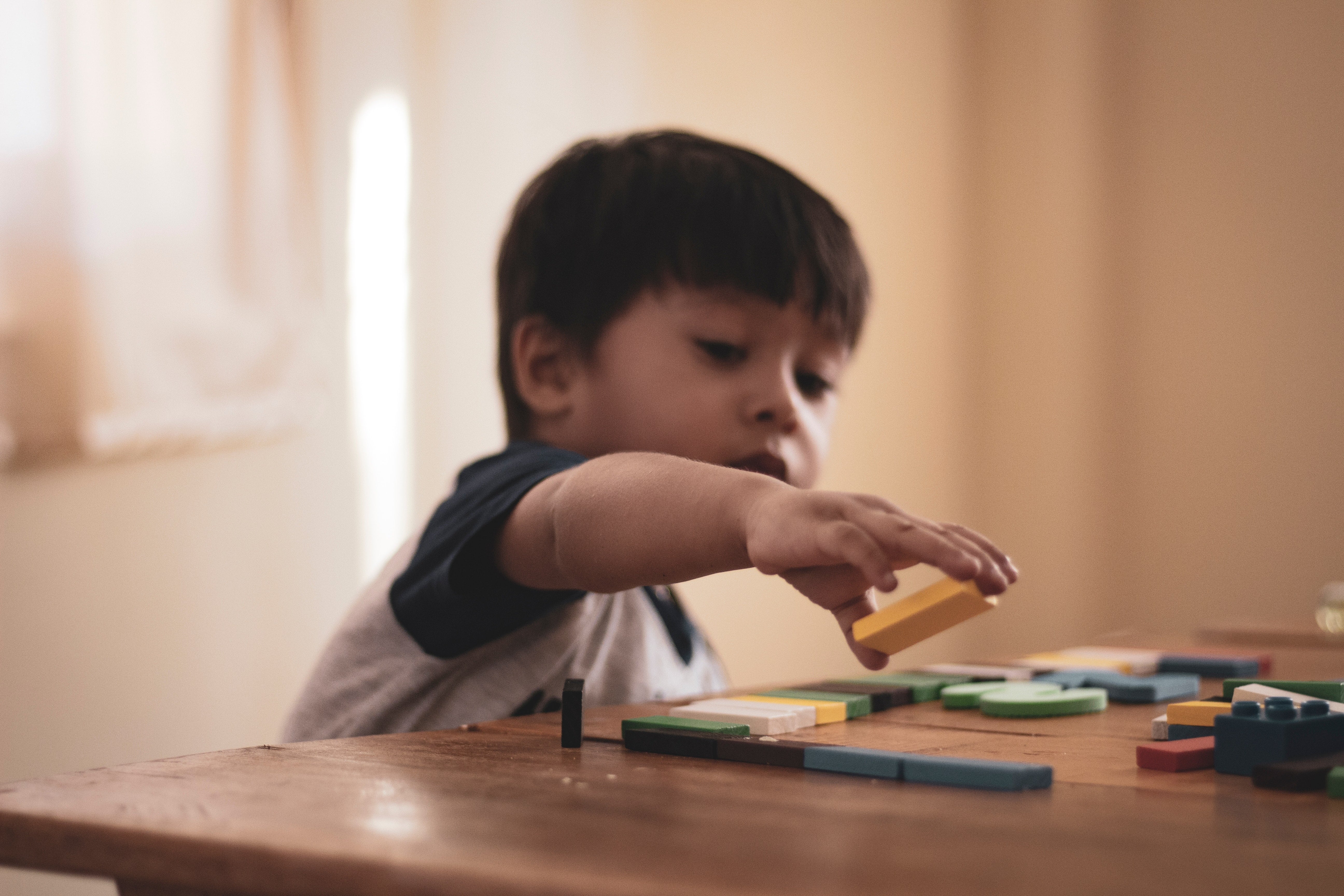As a Clinical Hypnotherapist specializing in anxiety in my Melbourne clinic. I often encounter concerned parents seeking guidance on understanding and addressing anxiety in their children. While anxiety is a common emotional experience, its manifestation in children can be subtle and sometimes unusual.
Unusual Symptoms of Anxiety in Children;
- Physical Symptoms: Children often won’t express anxiety through traditional channels. Instead, they might complain of recurring stomach aches, headaches, inability to fall asleep or other physical ailments without any apparent medical cause. These somatic symptoms can be a way for children to communicate their inner distress. It’s important for parents to consider the possibility of anxiety when faced with unexplained physical complaints.
- Perfectionism: A strong emphasis on perfectionism can be a red flag for anxiety in children. Fear of making mistakes, avoiding activities due to the fear of failure, or being excessively self-critical may indicate underlying anxiety. Parents should encourage a healthy approach to challenges, emphasizing effort over perfection and praising resilience when facing obstacles.
- Social Withdrawal or Overattachment: Anxiety can manifest in varying ways concerning social interactions. Some children may become excessively withdrawn causing them to avoid social situations e.g. School or parties. Others might display clinginess or overattachment to a particular person, usually a parent. Changes in social behaviour should be closely monitored, as they may signal social anxiety.
Strategies to Help Your Child Overcome Anxiety
- Open Communication and Validation: Creating an open and non-judgmental space for your child to express their feelings is crucial. Encourage them to share their worries and fears without fear of reprimand. Validate their emotions, letting them know it’s okay to feel anxious and that you are there to support them. Use age-appropriate language to help them articulate their emotions, fostering emotional intelligence.
- Establish Predictable Routines: Children often find comfort in routine and predictability. Establishing consistent daily routines can provide a sense of stability, alleviating anxiety. Ensure they have a structured daily schedule that includes designated times for schoolwork, play, meals, and bedtime. Consistency helps children feel secure and in control, reducing the unpredictability that can trigger anxiety.
- Teaching Coping Strategies: Equip your child with age-appropriate coping strategies to manage anxiety. Deep breathing exercises, mindfulness activities, or simple relaxation techniques can be valuable tools. Encourage them to express their feelings through creative outlets like drawing, writing, or engaging in physical activities. Teaching problem-solving skills can also empower them to face challenges with confidence.
Recognizing the unusual symptoms of anxiety in children is the first step toward providing effective support. By fostering open communication, establishing predictable routines, and teaching coping strategies, parents can empower their children to navigate anxiety in a healthy way. Seeking help from a hypnotherapist is always an excellent (and gentle) option if anxiety symptoms persist or intensify.


